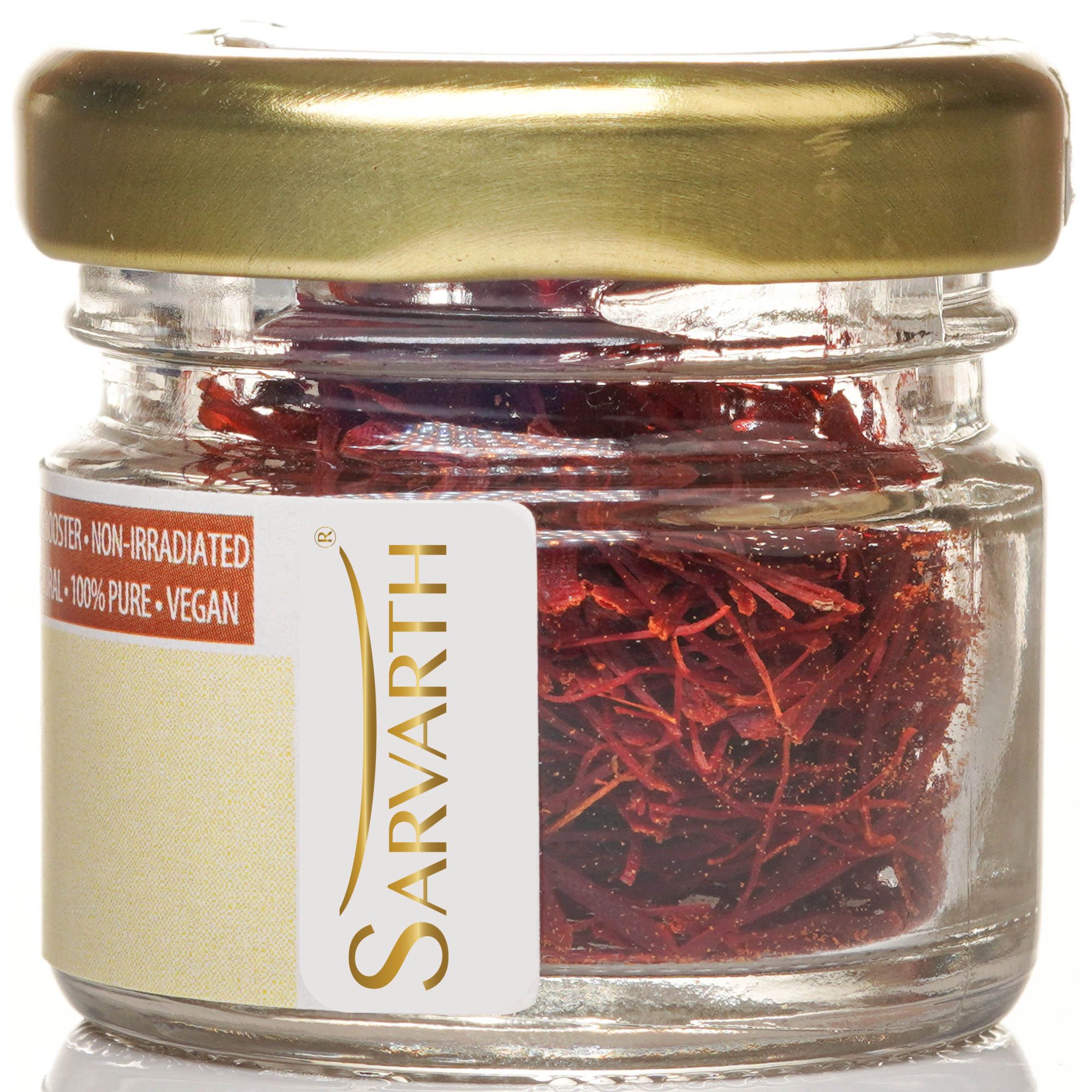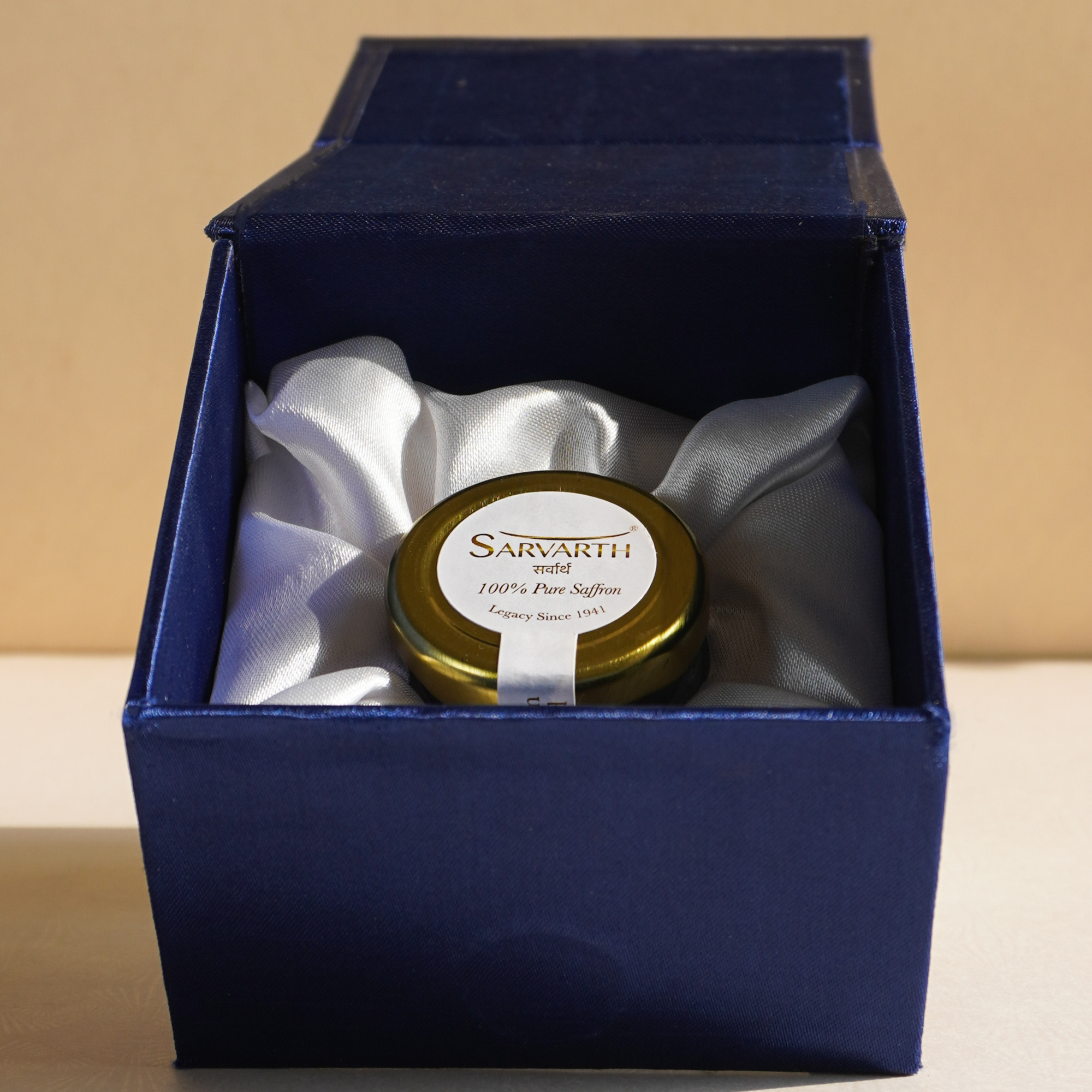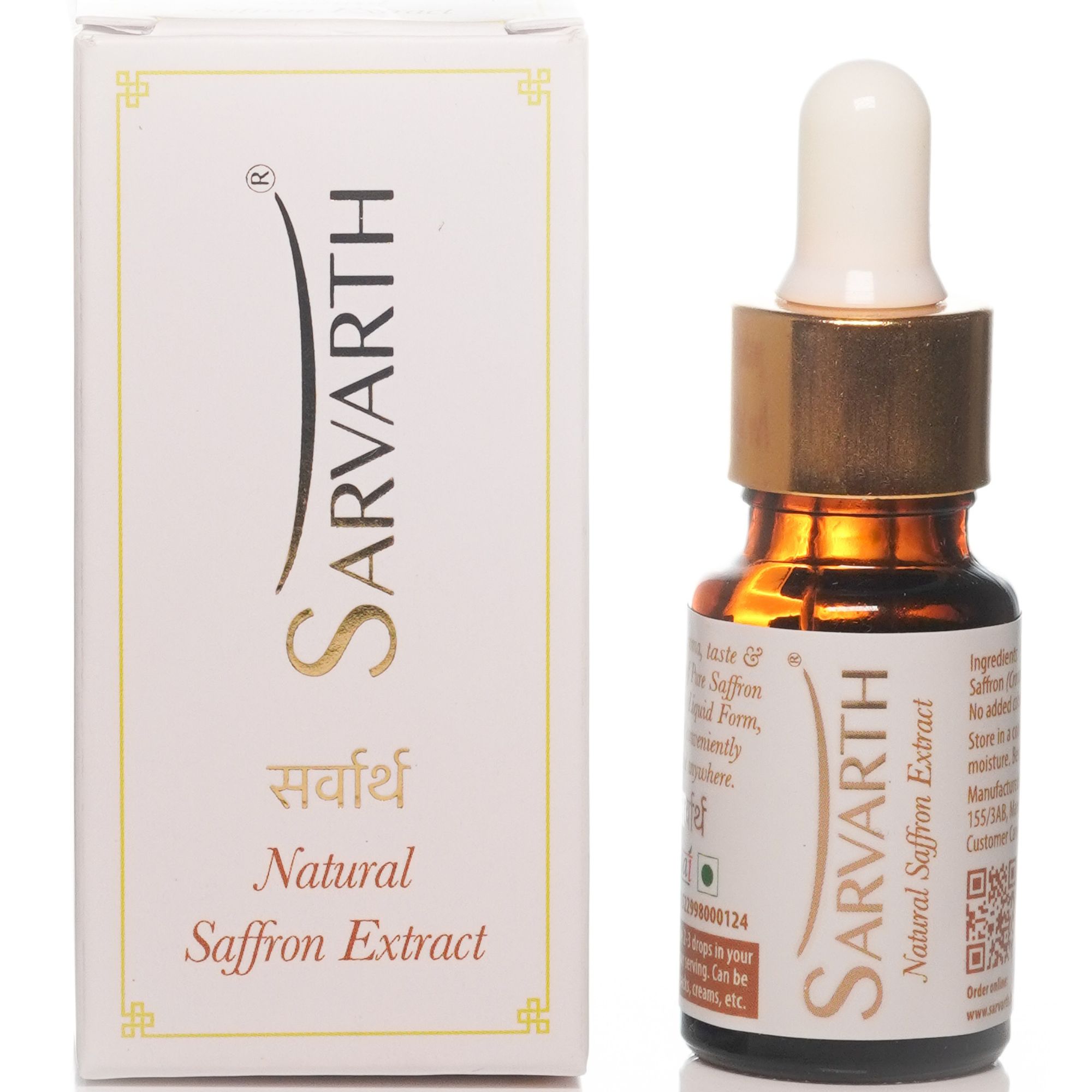Saffron in Traditional Medicine
Saffron, also commonly referred to as the “golden spice,” is what has been a favored compound, used for consuming and medicinal motives, for hundreds of years. Herbal medicine systems by means of the world along with ayurveda, traditional Chinese medicine, and Persian medicine have common saffron for its therapeutic value. This textual content seeks to describe the historical past and present day purposes of saffron in conventional treatment.
Introduction to Saffron
Saffron is in fact the dried stigmas of the Crocus sativus flower. Collectively these flowers yield only saffron which is produced from only three stigmas in each flower and are hand-picked then dried. Saffron is produced through this labor intensive method, which makes it one of the most expensive spices possible in the world. In addition to increasing value as an ingredient in food recipes, saffron has a rich traditional as a medicine to cure various diseases or maintain people’s health.
Saffron in Traditional Chinese Medicine (TCM)
Historical Context
In Traditional Chinese Medicine, saffron (referred to as “Hong Hua”) has been used for over a thousand years. TCM practitioners value saffron for its ability to move qi (energy) and blood, promoting overall health and well-being.
Uses in Traditional Chinese Medicine
Blood Circulation
In Ayurveda, the historical approach to medicinal observation in India, saffron or “Kesar”, is ridiculed for its properties. According to the Charaka Samhita and Sushruta Samhita – the early Ayurvedic treatises still prescription saffron as a potent drug for cure.
Detoxification
TCM practitioners use saffron to detoxify the liver and decrease irritation. It is regularly included in herbal formulas to cleanse the frame and sell liver fitness.
Stress Relief
Saffron is used to calm the mind and relieve pressure. It is believed to have a calming effect at the apprehensive machine, making it useful for treating tension and insomnia.
Saffron in Persian Medicine
Historical Roots
Persian medication also often called Iranian conventional medicine has used saffron for its medicinal values for centuries. The references to saffron are found in the religious-patriarchal texts of ancient Persians and in the Canon of Medicine by Avicenna.
Uses in Persian Medicine
Digestive Health
Saffron helps heal digestive problems such as dyspepsia, flatulence and gastralgic cramps. They think that it aids to digestion and helps to increases hunger.
Pain Relief
Mood and Mental Health
Like in Ayurveda, in Persian medicine saffron is used to treat mood disorders as well. Besides, it is credited for boosting the mood, decreasing the severity of symptoms of depression and improving the process of the cognitive function.
Modern Research and Validation
Modern science is now gradually confirming what ancient systems of medicines have been saying for centuries about saffron.
Antidepressant Properties
A number of clinical trials have indicated that this all natural product can be used Specifically to treat patients suffering from mild to moderate depression. It is postulated the mechanism of action of Saffron in depression is related to its Serotonin reuptake property in the limbic regions of the brain.
Anti-Inflammatory and Antioxidant Effects
Studied carried out on saffron shows that this herb possesses very rich anti-inflammatory and antioxidant activity. The compounds in these properties decreases inflammation and oxidation, common mechanisms of almost every degenerative disease.
Cancer-Fighting Potential
Some early research indicates that saffron has an ability to fight cancer cells. Some of the saffron active ingredients, for example, crocin and crocetin, have been credited for cancer cell growth inhibition as well as can cause apoptosis.
Conclusion
The health benefits associated with Saffron are uncountable, and they are well illustrated by the dates of its use in traditional medicine. Saffron use dates back to ancient Ayurveda and TCM practices and Persian medicine with different health purposes addressed in our conceptual review. Up to date scientific studies have provided credibility to these folk uses, further indicating that saffron has great potentials for use as a drug. Regardless of the sensory, the mood, skin, and digestive stimulation, saffron proves a useful spice in both conventional and clinical medicine.
Here are 10 frequently asked questions (FAQs) about the use of saffron in traditional medicine, along with their answers:
1: What are the primary traditional medicine systems that use saffron?
The primary traditional medicine systems that use saffron are Ayurveda (India), Traditional Chinese Medicine (TCM), and Persian medicine (Iran). These systems have utilized saffron for centuries to treat various ailments and promote overall health.
2: In what way is saffron as a mood enhancer incorporated into Ayurveda?
According to Ayurvedic practice, saffron is used to regulate the dosha of the body and improve its over-all mood and cognition. It is given to patients suffering from conditions like depression and anxiety, which is usually prepared with saffron in milk or different herbs teas.
3: I am going to discuss benefits of saffron in ayurveda concerning skin problems.
A: Saffron is used in Ayurveda to ensure skin health since it is used to treat acne, spots and dark complexion. Saffron concentrated in oils and creams is considered as effective remedies for skin lightening and regeneration, and for achieving a beautiful skin.
4: How is saffron used in Traditional Chinese Medicine (TCM)?
In TCM, saffron (Hong Hua) is used to move qi (energy) and blood, improve blood circulation, detoxify the liver, reduce inflammation, and relieve stress. It is often included in herbal formulas for these purposes.
5: What role does saffron play in Persian medicine?
In Persian medicine, saffron is used to treat digestive issues, relieve pain and inflammation, and enhance mood and cognitive function. It is valued for its analgesic, digestive, and mood-enhancing properties.
6: How does modern research support saffron’s antidepressant properties?
Modern research has shown that saffron is effective in treating mild to moderate depression by increasing serotonin levels in the brain. Several studies have demonstrated its antidepressant effects, validating its traditional use in mood enhancement.
7: What are the actions of saffron in the heat shock protein and procollagen levels of skin tissue in inflammation and oxidative stress models?
Saffron has great anti-inflammatory and antioxidant effects and pleasantly affects inflammation and oxidative processes. Such effects provide positive impact on anti-chronic diseases and improve people’s health status and quality of life.
8: Is there any role of saffron to prevent cancer?
A number of researches have pointed that the saffron might be some kind of anti-cancer plant. It has been found that crocin and crocetin present in saffron actually slow down cancer cells growth moreover these also precipitate apoptotic death thus, showing potentiality of anticancer properties.
9: The way that saffron helps in the treatment of respiratory disorders according to ayurvedic texts?
In Ayurveda, antiasthmatic and bronchial qualities of saffron are used in treatment of various respiratory disorders including asthma. It can reduce inflammation in the airways and track helping to alleviate breathing difficulties in respiratory conditions.
10: What is the history of saffron used in the traditional medicine?
People already used saffron in traditional system of medicine including the Ayurveda, Chinese medicine, and Persian medicine many thousand years earlier. Various parts have been utilized as medicines for emotional illnesses, skin diseases, illnesses of the gastrointestinal system, respiratory diseases, and so on.










